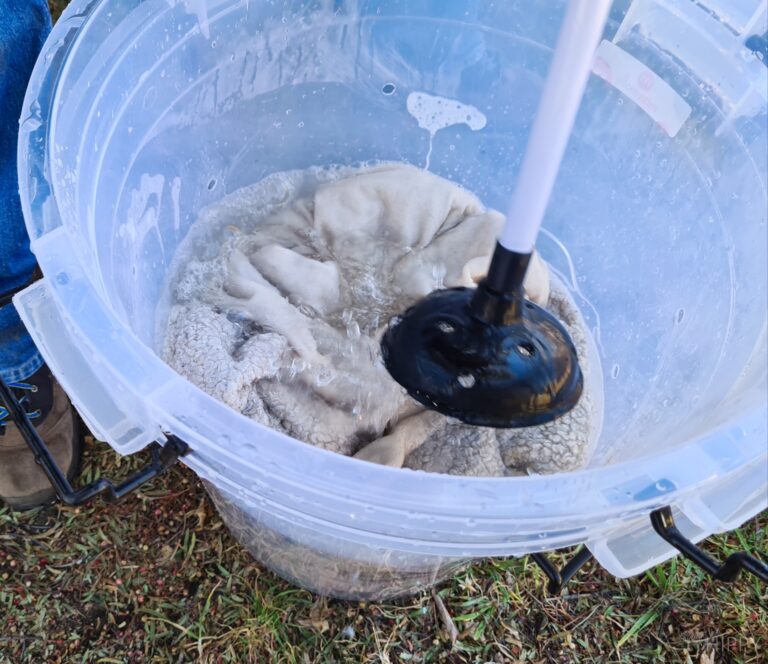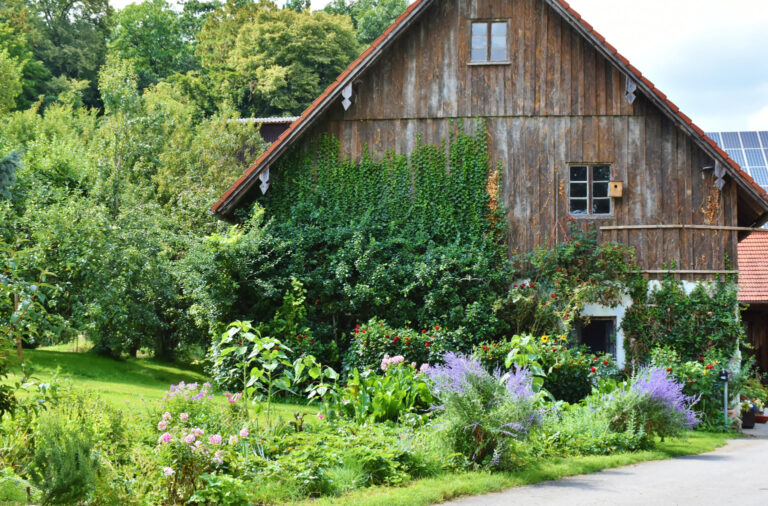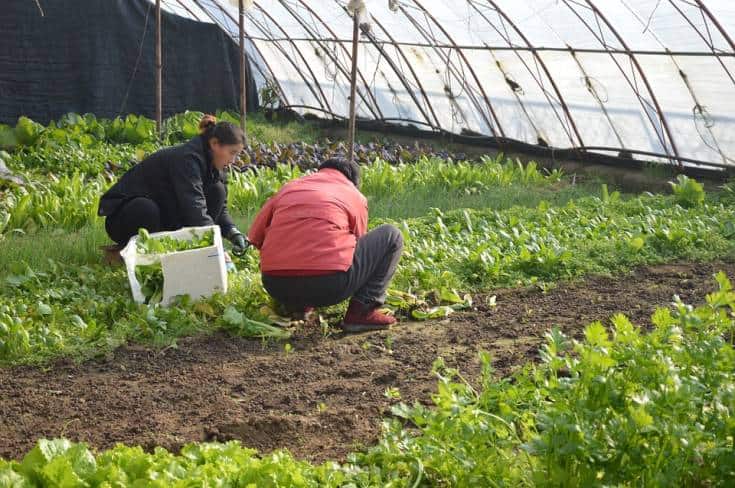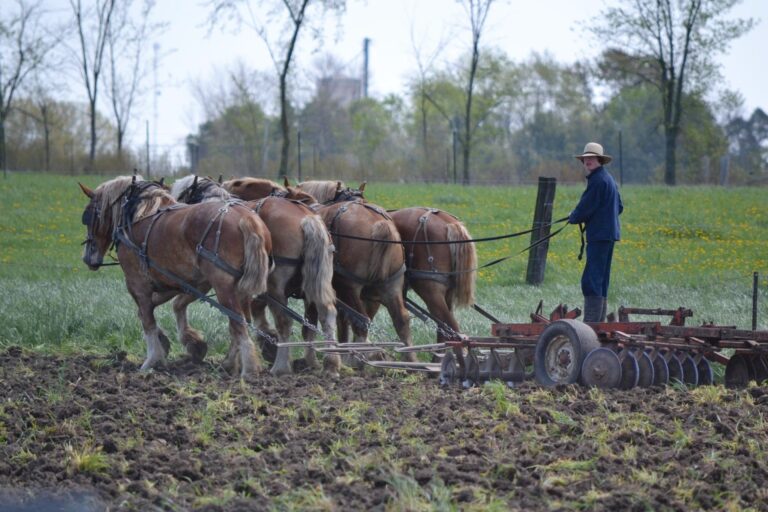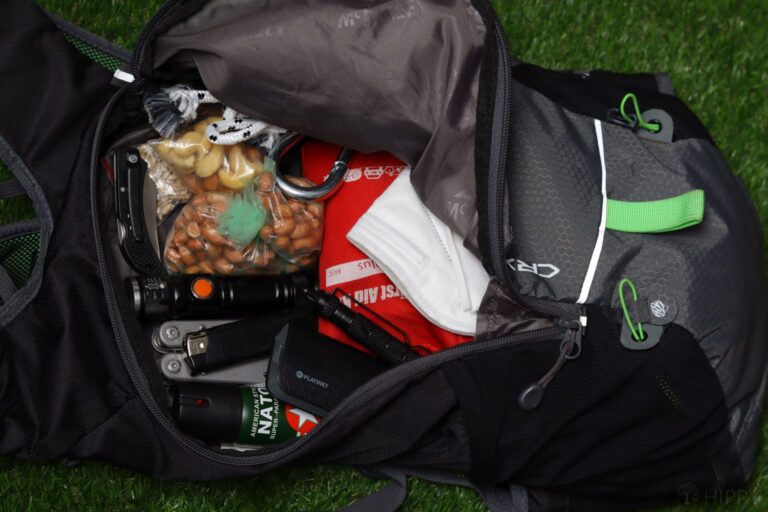Off-Grid Washing Machines? Here’s Our Top 7
In a perfect world, with technology from a planet far far away, clothing would be made with self-cleaning material. We could completely negate the need for electricity and water for cleaning our clothes; not to mention the “sit back and relax” factor. Sadly, we aren’t there yet… Our laundry still requires some power source, water, […]
Off-Grid Washing Machines? Here’s Our Top 7 Read More »

